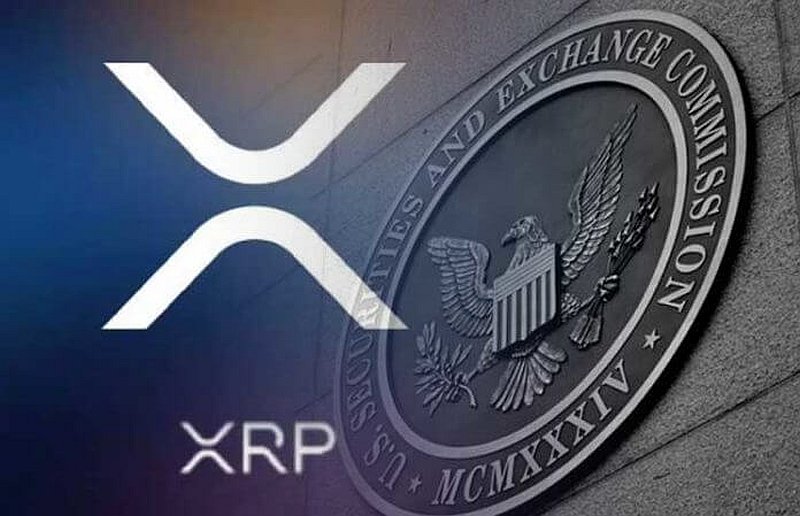The U.S. Securities and Exchange Commission (SEC) is poised to prioritize a comprehensive cryptocurrency regulatory framework following the resolution of its nearly five-year legal battle with Ripple Labs. The two parties filed to dismiss their appeals last Thursday in the Second Circuit Appeals Court, agreeing to cover their own legal costs and effectively ending one of the crypto industry’s most protracted disputes. SEC Commissioner Hester Peirce hailed the development as a “welcome” step, noting in a Monday post on X that it frees up resources to focus on crafting clear crypto regulations. SEC Chair Paul Atkins echoed her sentiment, stating, “With this chapter closed, we can shift from litigation to policy-making. Our goal is a regulatory framework that encourages innovation while safeguarding investors.” The SEC initiated the lawsuit against Ripple in December 2020, alleging the company raised $1.3 billion through unregistered XRP securities sales. In a pivotal July 2023 ruling, Judge Analisa Torres determined that XRP was not a security in retail sales but qualified as one in institutional transactions. Ripple faced a $125 million fine in August 2024, a fraction of the SEC’s initial demands.
CLARITY Act Gains Traction Amid Political Divide
The case’s conclusion aligns with growing momentum for the Digital Asset Market Clarity Act (CLARITY Act), a Republican-led bill designed to establish a clear structure for digital asset markets. The Senate Banking Committee and GOP lawmakers are pushing to pass the legislation by September 30, though resistance is mounting from Democratic counterparts. House Financial Services Committee ranking member Maxine Waters has criticized the CLARITY Act, alongside the Anti-CBDC Surveillance State Act, which aims to block a U.S. central bank digital currency. In July, leading Democrats labeled Republican-backed crypto bills as “dangerous,” highlighting a deepening partisan rift that could complicate the path to regulatory clarity. As the crypto industry watches closely, the end of the SEC-Ripple saga and the push for the CLARITY Act signal a critical juncture for U.S. crypto policy, with stakeholders hopeful for rules that balance innovation and investor protection.


















